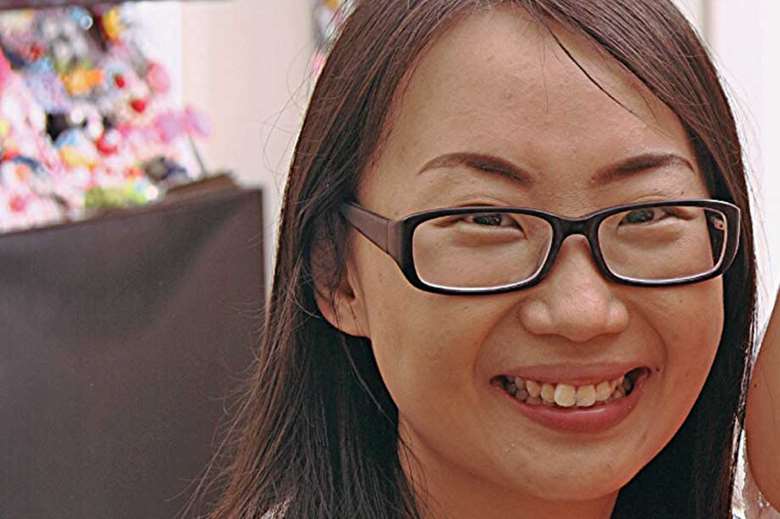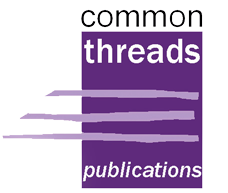PARS Clippings
All About OSHC
PARS Playwork –
A Model for Embedding
Critical Reflection in OSHC
This edition marks our 3rd “All About OSHC” – Australia’s first and only national magazine developed by and for the OSHC sector. We are appreciative to all the contributors to this edition. Without your willingness to share your thoughts and inspirations, this magazine would not be possible. There is an amazing diversity of themes and ideas presented throughout all of these incredibly valuable and worthy contributions. We hope there is something relevant and helpful for all our readers. 2021 continues to showcase the strength and resilience of the OSHC sector. Lockdowns continue across the country to combat localised cases of COVID 19. These measures have proved effective in keeping our communities safe and in managing the outbreaks that we have become accustomed living with. Each time one of these events occurs, the OSHC sector remains strong to support vulnerable children and parents who are essential workers. If you consider yourself a budding writer and have some OSHC thoughts to share, we would most certainly appreciate receiving them for publication. To contribute to this magazine, please contact our editing team via the contact link on our website https://www.noshsa.org.au/contact for further information about the process for submission. We are also welcoming of feedback on the magazine. This can be submitted through the contact link on our website https://www.noshsa.org.au/contact We hope you enjoy this edition of “All About OSHC”.
My Best course – Ideas to play with
Common Threads’ playwork programme PARS has been an inspiration for Hong Kong-based Yeung Utopia.

After quitting her job as a social worker to be a stay-at-home mother, Yeung Utopia wanted to explore playwork with a view to becoming a playworker herself and decided to embark on the PARS course.
Developed by UK-based training company Common Threads, the programme blends theory and philosophy with practice, and is aimed at practitioners working with children in any kind of setting. It also appeals to a lot of parents who want to develop a new perspective on play at home.
Common Threads launched the PARS certificate in Hong Kong at the start of 2008 and in the Philippines in 2011. Various modules have been run in the UK over the past couple of years and the full programme is now available. In Hong Kong, Common Threads collaborates with play association Playright to offer the PARS certificate, which Yeung Utopia undertook.
‘The programme was a great experience for me, particularly as it involved working with children with additional needs as part of the practical work,’ she says.
‘It gave me insights into how children have the ability to overcome challenges and the importance of giving children the physical space they need to play. As a playworker I now undertand the importance of respecting the rights of the child, in terms of their choices, abilities and desires, and it is very much about being reflective.
‘After the course I had a lot of new ideas about play and realised that it does not have to be restricted in any way by environment, available materials and numbers of people. It showed me how important play is to brain development.
She adds, ‘The course enables you to see the world through the eyes of a child, which is vital in playwork. I recommend it highly.’
Further information: The next PARS courses are available in Hong Kong – Monday 10, Tuesday 11 and Wednesday 12 June 2013; and Eastleigh, Hampshire – Tuesday 15, Wednesday 16 and Thursday 17 October 2013.
email pars@commonthreads.org.uk
See the full article at www.nurseryworld.co.uk
Playwork and Pars: My Training
Tom Nethercott here, Deputy Playleader at Girton talking about my recent experience of the PARS course and how it has impacted my practice here within Smartkidz.
Having previously been a practitioner in settings where activities were more adult led, the PARS course was something very different to me. However, over the 3-day course I was able to use some of the PARS theories, methods and techniques to improve as a playworker and learn how to better support the children whom attend the setting.
One of the methods taught in the PARS course is containment which is the act of holding back from intervening during children’s play. This was particularly difficult for me to understand at first as naturally I interacted with children and engaged in activities alongside them.
In retrospect though this was also the most revolutionary method for me, as once I had adopted it, I began to see how children were perfectly capable of doing things adults would normally step in to help with; Managing risk, conflict & rough and tumble play to name a few. In fact, I noticed that children would benefit a lot more from making their own choices and decisions without the influence of adults. Sometimes they failed or made mistakes, but this is a really important life lesson and essential in their development.
A further lesson I learnt was that we as playworkers wanting to provide the best setting from the children’s perspective, actually should not really be performing ‘playwork’ at all. Instead allowing children to do the play and being proactive observers intervening only when necessary is far more beneficial from a child’s perspective. Allowing children to play uninterrupted doing the things they want to do when they want to do them.
I think it is an increasingly common trend that adults have reduced the amount of chances children have to make decisions, make mistakes or play the way they want to… Sometimes we as responsible adults make judgements on children’s play and intervene, in doing so, however, we disrupt vital learning experiences.
I believe anyone who truly cares about the best possible outcome for children should give them less boundaries, more responsibility and more time without the company of adults. This isn’t to say adults aren’t vital to children’s development, but that there must be a balance of what children do each day from both perspectives.
Starting School Series
Parents start school for self-examination: How can adults stifle the freedom of children to have fun?
The older generation always said, “I didn’t have any entertainment before, but I am so happy. I don’t want to play with you.” The paradox is, do children in the city have the freedom to play?
Who killed the child’s space?
Children in their 50s and 60s are usually inseparable from the scenes of a group of children playing bouncing, elastic, and running uphills on the streets. Today’s children may not be able to free up time to play. In 2013, UNICEF proposed that children have the right to play , and they must have at least one hour of free play time every day.
“Adults always want to control the lives of children. Children must follow the rules laid down by adults and the framework of the education system to become talents in the future.” Shelly Newstead said. Shelly comes from the United Kingdom and is an authoritative scholar of Playwork. She believes that adults need to take a step back and ask social educators, social workers, or parents themselves to accept that the way they have been treating children is incorrect. . But this task, she also found it more difficult than landing on the moon, because adults have been pointing the country for too long.
